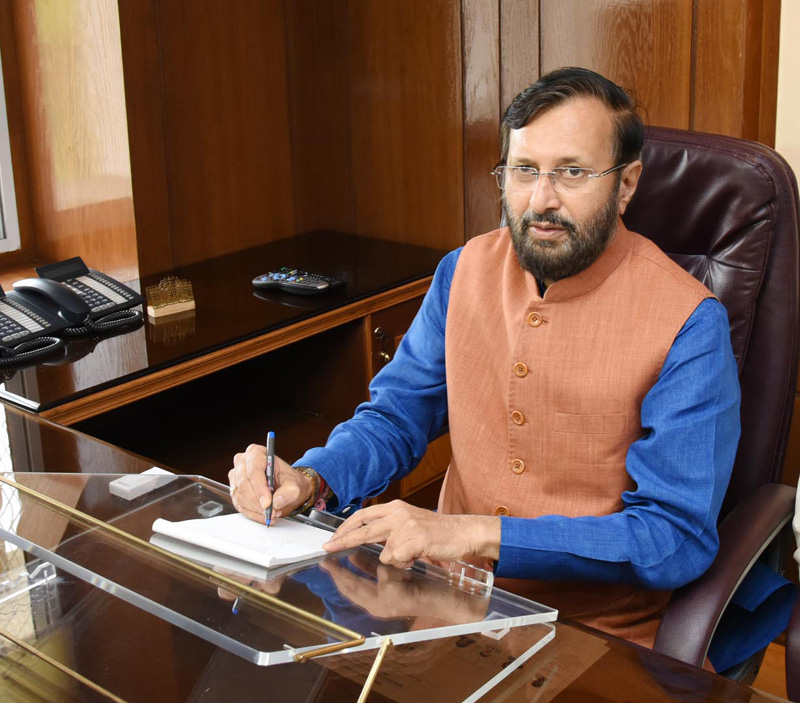Today, schools have started adapting a curriculum that focuses on application and synthesis, apart from repetition. This means that education is now more than just being able to recite definitions from a textbook or explain theories succinctly. Students should be able to apply these lessons through collaborative projects and be able to come with their own ideas and theories through what they have observed.
Schools who are doing this already have done what is called the ‘understanding by design’ approach, where practical tasks are given more weight than written exams. For universities, their version is following Bloom’s taxonomy. Both actually focus on the same factors in learning, which are:
- Knowledge – memorize definitions and concepts discussed in class
- Comprehension – summarize and discuss the lessons learnt
- Application – demonstrate how these concepts work in the real world
- Analysis – breakdown what happened in the practical application and record its results
- Synthesis – collect component ideas to create a new whole or propose an alternative solution or idea
- Evaluation – make conclusions and defend them
This will make sure that kids are not just good at memorizing facts, they can also explain how this is applied in the real world and why it works that way. At the same time, they are given a chance to create their own solutions so they can propose a new way to attack an old problem.
International schools have been at the forefront of understanding by design
The very nature of an international school as a diverse learning landscape meant that they need to provide students with a platform to discuss their different perspectives and beliefs with one another. Students will develop an open mind, which is beginning to become more crucial in today’s world. They need to understand that people from all walks of life bring with them their own unique views and beliefs when discussing key topics that will shape the world. These includes politics, religion, and even science. Which is why at a very young age, they should know that they cannot just impose themselves.
Additionally, international schools promote the holistic education philosophy. To better understand the benefits of holistic learning and how similar it is to understanding by design, we will look into one of the Montessori schools in Singapore, the Global Indian International School (GIIS) and their award-winning holistic teaching methodology called the Nine Gems.
Achieving academic excellence through collaborative projects
True learning can be shown if a person can understand how the concepts and theories work in the real world. Yes, being able to easily memorize facts is an edge over other students who are having a hard time with defining even a single term word for word. However, repeating definitions is useless if you cannot apply it and come up with your own alternative solutions through observation and critical thinking. GIIS does this by allowing the students to work together on a project and through cross-campus dialogues. This gives the students a chance to share their own understanding of the lessons and come up with new ideas together.
Excellence in sports
GIIS does not just focus on the cerebral, they also give importance to a child’s athletic abilities and fitness. Students who have shown talent in sports will get a chance to hone their abilities through top-notch facilities and quality coaching provided by the school. At GIIS, improvement is measured both qualitatively and quantitatively, which mean students can polish their strengths and work on their weaknesses. But most importantly, they are taught they should value sportsmanship.
Develop an appreciation for art
Films, books, painting, photos, and all kinds of art have societal significance. It is not just a tool for artists to express themselves. But they can also create mirrors of what society was, has become, and is becoming. Which is why an appreciation for the media is important to develop. Additionally, learning art also teaches values such as empathy, sympathy, and an understanding of human emotion.
Character development through speech and drama
Students should also know how to work well with other people, no matter the difference in world-views, politics, and personality. At GIIS, students will be taught proper communication skills, confidence building, and the importance of working in a team. This is why they are promoters of their theatre and music programs, both of which focuses on confidence and self-expression.
Creativity in problem-solving
One of the goals of holistic education is to produce students who can look at a complex problem and find new angles to solve it. The Comprehensive Creativity Development Program of GIIS creates programs that will help enhance a student’s penchant for finding innovative ways of problem-solving through a wide range of empirical and theoretical approaches.
Leadership development
This is where their skills in communication and problem solving are put to the test. Students will be put in situations where they are leaders and, sometimes, they are the followers. The Leadership Lecture Series, the Student Council, and the Entrepreneurship program give students responsibilities that will force them out of their shell and engage with other people. At the same time, it teaches them the importance of becoming a follower, as well.
Values and disciplines
Being smart is not all that if you are not an empathetic individual. GIIS may want to produce globally competitive students, but they also want to teach them the values of compassion and peace. For this reason, the Global Indian Mahatma Gandhi Centre for Universal Values aims to teach the students about being socially aware. About kindness, community care, mutual cultural respect, and more.
Getting involved in the community
This is where discussions of society’s problems are given life. Students will be able to take part in community development initiatives that will teach them social responsibility. This includes going into the community to create programs that will help alleviate their problems or to raise awareness for causes like taking care of the environment.
Choosing a vocation
We want our kids to play an active role in making the world better. For this reason, we need to help them find which path would bring them meaning and fulfilment. The Global Centre for Education Excellence and the Action, Research, and Consultancy initiative will help the students differentiate their career and their vocation, and how they can do both.
Just looking at it now, this educational framework will surely produce students who will put society’s problems at the forefront of their priorities rather than personal gains — a trait we want for our future leaders.

























Add Comment